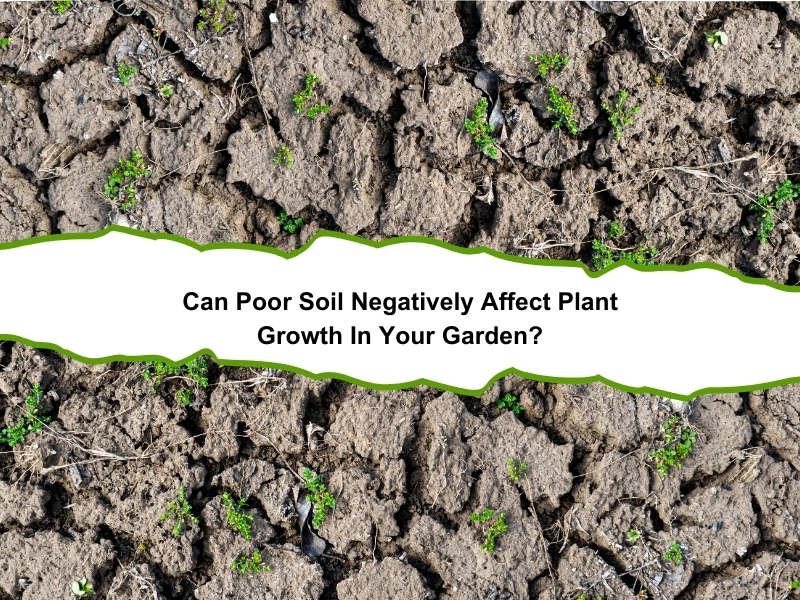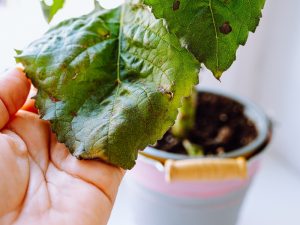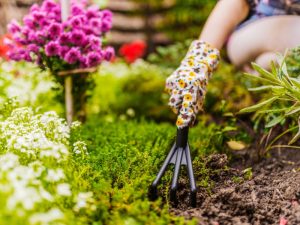Gardening is a fulfilling activity that brings beauty and serenity to your home. However, achieving a thriving garden requires more than just planting seeds. One of the most crucial factors in determining the health of your plants is the quality of your soil. Poor soil can have significant negative impacts on plant growth, leading to stunted growth, nutrient deficiencies, or even plant death. This article will explore how various soil issues can affect your garden and how to address them.
What types of soil issues can affect plant growth?
When it comes to gardening, soil quality plays a pivotal role. A variety of issues can arise that affect the soil’s ability to support plant growth. Threats to Australian soil health, such as erosion and overuse of land, can also contribute to soil degradation, making it harder for plants to thrive. Understanding these problems is the first step toward creating a healthy garden.
- Poor drainage: Soil that doesn’t drain properly can create waterlogged conditions, which suffocate plant roots.
- Incorrect pH: Soil that is too acidic or alkaline can hinder a plant’s ability to absorb nutrients.
- Low nutrient levels: A lack of essential nutrients can lead to weak, malnourished plants.
- Soil compaction: Hard, compacted soil restricts root growth and water infiltration.
- Excessive salinity: High salt content can damage plants, leading to dehydration and nutrient imbalances.
How does poor soil drainage impact your plants?
Soil drainage is a key factor in plant health. When the soil holds too much water, it can drown the roots, preventing them from getting the oxygen they need. Here’s how poor drainage impacts plant growth:
- Root rot: Standing water around roots promotes the growth of harmful fungi and bacteria, causing root rot.
- Nutrient leaching: Excess water can wash away essential nutrients before plants can absorb them.
- Stunted growth: When roots can’t breathe or access nutrients, plants become weak and may fail to thrive.
- Wilting: Overwatered plants can develop yellowing leaves and a wilted appearance, even with consistent watering.
Can soil pH affect the growth of your plants?
Soil pH measures the acidity or alkalinity of the soil, and it can significantly influence plant health. Plants have different pH requirements, and if the soil is too acidic or alkaline, it can prevent nutrient uptake. Here’s how pH impacts plant growth:
- Nutrient absorption: At extreme pH levels, certain nutrients become less available to plants, causing deficiencies.
- Weak plants: Poor pH levels can stress plants, leaving them more susceptible to disease and pests.
- Soil microorganisms: Beneficial microbes that support plant health also have specific pH requirements, and extreme conditions can kill these organisms.
What are the consequences of low nutrient levels in soil?
Soil that lacks essential nutrients will severely limit plant growth. Nutrient deficiencies can cause a variety of symptoms, such as yellowing leaves, poor flowering, and stunted growth. Additionally, the condition of your soil plays a key role in how soil impacts weed growth, as nutrient-poor soil can provide an ideal environment for weeds to thrive. The main consequences of nutrient-poor soil include:
- Slow growth: Without the proper nutrients, plants won’t grow at the expected rate.
- Yellow leaves: Nitrogen, a vital nutrient, is often the first to be depleted, leading to yellowing leaves and weak growth.
- Reduced flowering and fruiting: Phosphorus deficiency can result in poor flower production and weak fruit development.
- Pest attraction: Weak plants are more vulnerable to pest infestations, which can further damage their health.
How can poor soil compaction impact root systems?
Soil compaction occurs when the particles in the soil are pressed together tightly, making it hard for air, water, and roots to move through the soil. This issue is common in areas with heavy foot traffic or poorly drained soil. Signs of soil compaction in lawns include thinning grass and areas where water pools instead of soaking in properly. Here’s how compacted soil can affect your plants:
- Root growth restriction: Roots can’t spread out easily in compacted soil, limiting the plant’s ability to absorb water and nutrients.
- Water pooling: Compacted soil doesn’t allow water to flow freely, which can lead to waterlogging in some areas and drought in others.
- Poor drainage: Compaction worsens drainage, creating a cycle of waterlogging and root suffocation.
- Decreased plant health: Plants growing in compacted soil are stressed and less able to fight off pests or diseases.
What are some solutions for poor soil in your garden?
The good news is that there are effective ways to improve poor soil conditions and create a better environment for your plants. Here are some solutions to common soil problems:
- Improve drainage: Add organic matter, such as compost, to your soil to help improve drainage and create better aeration.
- Adjust pH: Use soil amendments like lime to raise pH or sulphur to lower it, based on your plant’s requirements.
- Fertilise regularly: Use organic fertilisers or compost to replenish lost nutrients and ensure healthy plant growth.
- Aerate the soil: Loosen compacted soil by using a garden fork or aerator to allow better water and root penetration.
- Mulch: Mulching helps retain moisture, regulate soil temperature, and add nutrients to the soil as it breaks down.
How can professional landscaping help improve your garden’s soil?
Professional landscaping services can play a crucial role in improving your soil quality. Experts familiar with soil conditions, climate, and local regulations can provide tailored solutions for improving garden soil.
- Soil testing: Conducting thorough soil tests helps determine pH levels and nutrient content, allowing for targeted solutions.
- Soil improvement: Adding organic matter, adjusting pH levels, and applying suitable fertilisers can improve soil structure and fertility.
- Proper drainage: Installing effective drainage systems can prevent waterlogging and ensure plants receive optimal moisture.
- Garden design: From planting drought-tolerant species to designing layouts that reduce compaction, landscaping professionals can create sustainable and thriving outdoor spaces.
Ready to transform your garden?
At A1 Gardening & Landscaping Sydney Sydney, we understand how vital good soil is for healthy plant growth. If you’re struggling with poor soil or want to improve your garden’s soil quality, our expert team is here to help. From soil testing and amendments to complete garden design and landscaping services, we offer everything you need to create the garden of your dreams. Book a consultation with A1 Gardening & Landscaping Sydney Sydney, and let’s bring your outdoor space to life!



